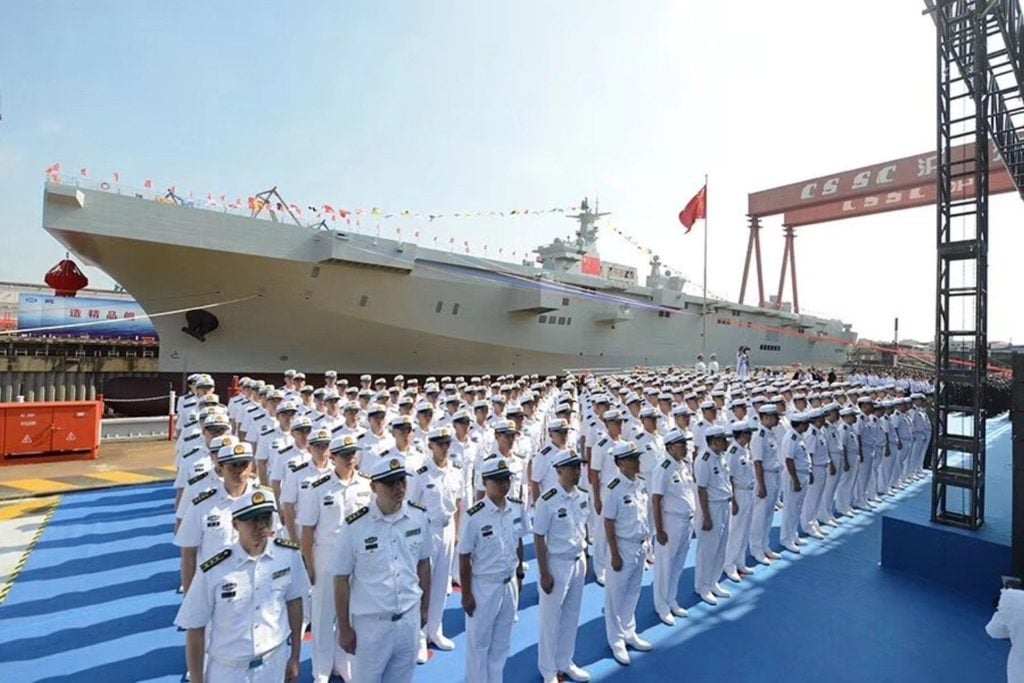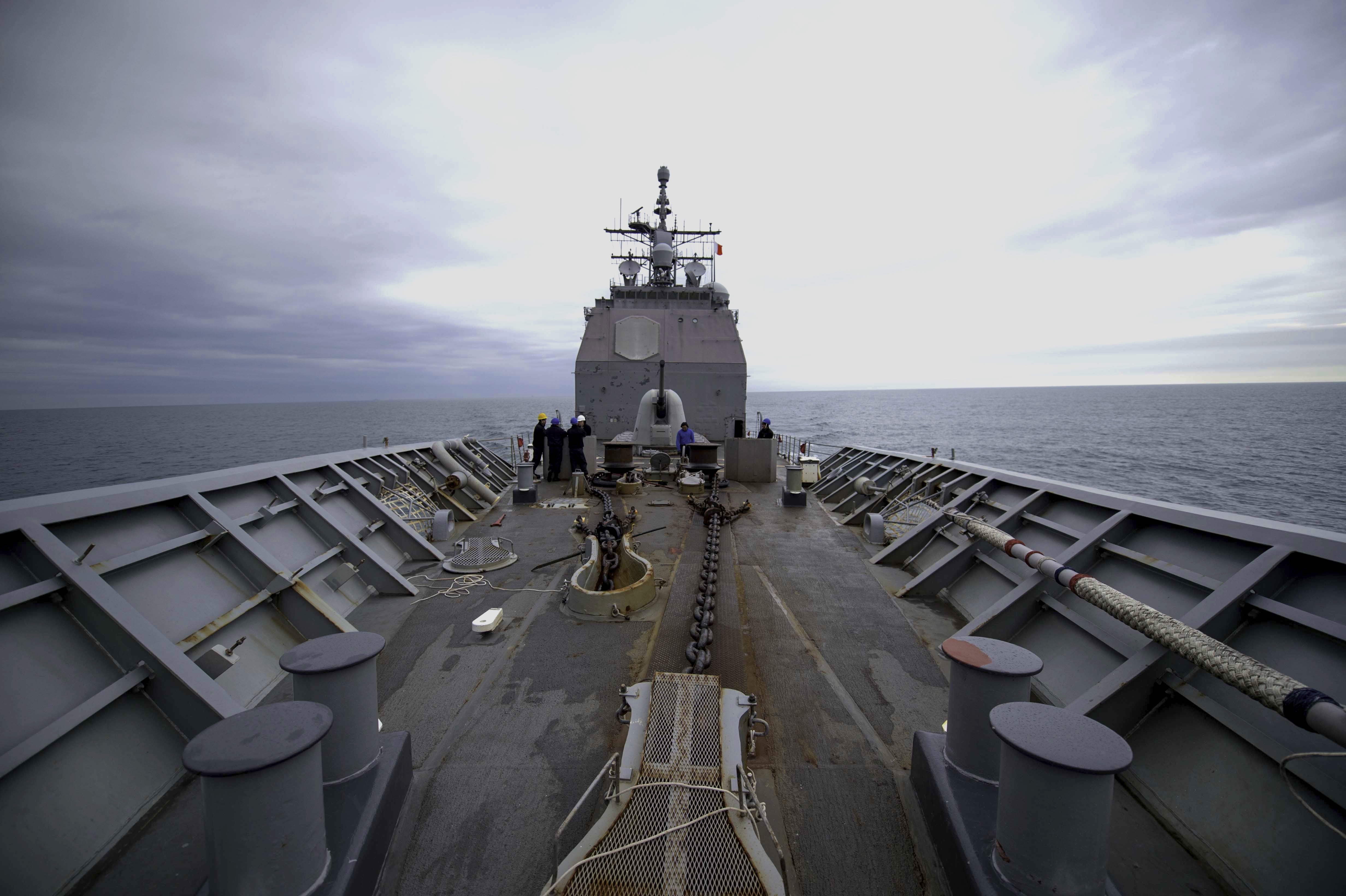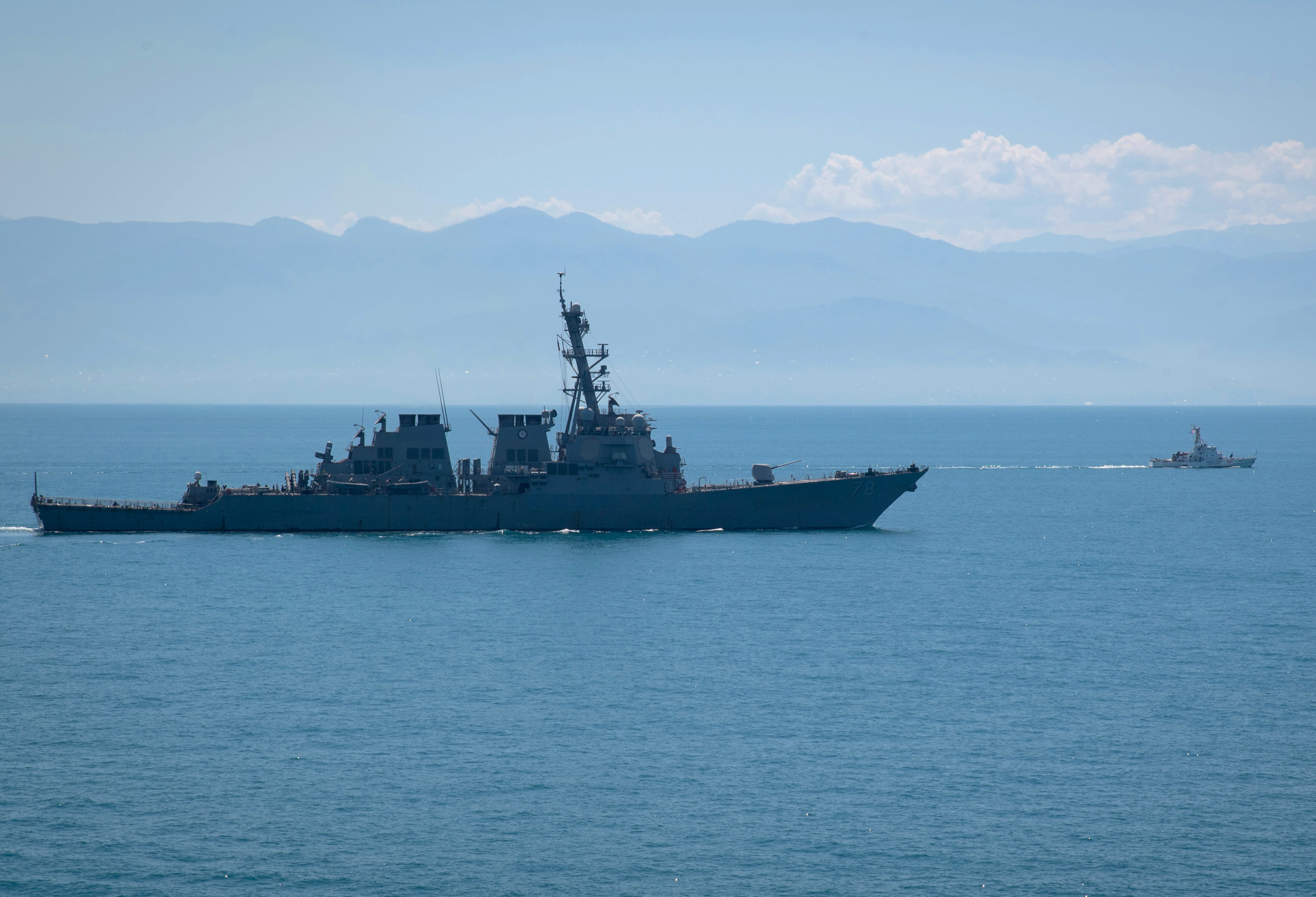
Palau’s recent offer to permit the United States to build bases and airfields could provide a model for Washington to use to counter China’s territorial claims in the Pacific, a senior security expert told the House Armed Services Committee on Wednesday.
“Washington should seek new allies and partners,” Elbridge Colby, co-founder of the Marathon Initiative, told the HASC. “Focus on states with shared threat perceptions [like China]. This is true whether they are democracies are not,” like Vietnam.
Christine Wormuth, director of RAND’s international security and defense policy center, added that Palau’s offer shows “we need to diversify” our basing to counter China. The move to spread out basing would build resiliency in case of attack and complicate Chinese targeting. Defense Secretary Mark Esper has made basing in the Indo-Pacific a priority over the past year and re-emphasized the importance of having regional allies and partners at the recent 75th anniversary of the end of World War II ceremony aboard USS Missouri (BB-63) earlier this month.
Colby added, “the Marines are in the forefront of thinking on this.”
Also on Wednesday, Marine Corps Commandant Gen. David Berger made the same point about rethinking the Pacific laydown at a defense conference.
“We have to have a dispersed, distributed force laydown in the Pacific that allows us to work with all the allies and partners in the region and deter countries like [China] from asserting themselves in a manner that tries to rewrite all of the global sort of norms that’s been well-established for 50, 60, 70 years and which has led to all the economic growth in the Indo-Pacific,” Berger said. “So our posture must change, both the Marine Corps’ and I think the joint force as well.”

Colby told the HASC, “it’s not a platitude” to say the United States values allies and partners. “We must keep our eyes on the prize” that China is America’s biggest competitor. Wormuth, who served as the undersecretary of defense for policy in the Obama administration, added that the United States wants allies and partners “to do more for themselves” in deterring Russia and China. But “alliances are like gardens: they don’t grow overnight” and need careful tending.
Colby said Secretary of State Mike Pompeo’s statement that the United States rejects Beijing’s territorial claims in East and South China Seas sent a “signal of commitment” by Washington to stand by allies and partners.
To nations in Southeast Asia and the Pacific Islands, the United States is not asking them to choose sides between Washington and Beijing. Colby said, “what we’re asking them to choose is between China and their own sovereignty. What we want to do is empower them.”
This includes stepped-up training of forces, including Taiwan’s, and arms sales to build up and modernize these nations’ security forces.
Also during the hearing, addressing the other major competitor to the U.S. military, Retired Lt. Gen. Ben Hodges, a former commander of American army forces in Europe, said “Russia has not improved its behavior anywhere.” He added particular attention needs to be paid to the Black Sea and re-setting relations with Turkey.
“The Black Sea should be the place where the U.S. and allies” hold the line” against Kremlin aggression, he continued. It is central to what happens politically in the Balkans and is happening now militarily in Syria against the Islamic State and Libya. The largest flow of refugees from Middle Eastern and North African civil wars also flow into the area around the Black Sea.

Not only is Turkey “on the front line” of the Syrian civil war, its “strategically important geography… will never change.” It is on the Black Sea, neighbors Russia and is a gateway to the Middle East.
He admitted Ankara “is a maddening ally” with its purchase of Russian-built S-400 air defense systems and engaging in confrontation with Greece, also a NATO member, over Cyprus. But in part because the United States sent arms to Kurds in Syria, the Turks “have no confidence the West will stay with them” in a crisis.
The Turkish government regards the Kurds as separatists.
Now with the Center for European Policy Analysis, Hodges said the boundary of command separation between U.S. European Command and U.S. Central Command complicates coordination around the Black Sea and that part of the Middle East that borders Turkey. In the command structure, Turkey is considered part of EUCOM.





